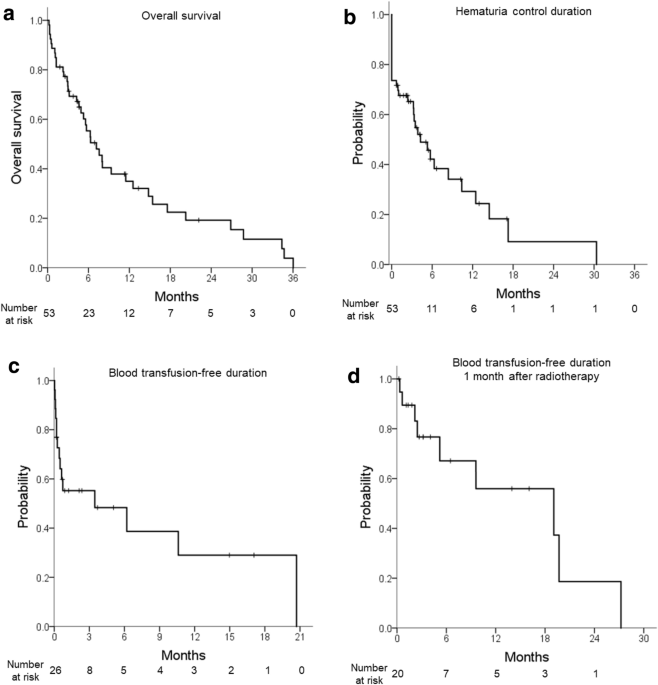Interesting Twitter thread from Spratt et al about how to approach trials for SBRT for RCC. The problem is to my knowledge, data is limited to smallish case series, though looks promising.
The current landscape is surgery is considered gold standard, partial for T1a and most T1b. Cure rate about 95% for T1a, 90-95% for t1b, and lower as stage move up. Almost all robo/lap except for huge masses or IVC invasion. Perc ablation has similar survival for T1a, but higher local failure rate and is usually used for very small masses or poor surgical candidates. Like prostate, survival based trials are tricky since a small minority of patients with localized RCC will die of the disease.
My thought would be if you want to break into the field, start with a RCT vs perc ablation for pT1a disease. Shouldn’t be too hard to accrue (referring urologist doesn’t care which modality patient gets). If equivalent outcomes could easily take percs place in the treatment arsenal while being less finnicky about tumor size and location (and hopefully operator skill). Will also be key to see how effective salvage options are after local failure. If superior local control rates then go for the trial against partial, but that will be a monster effort to accrue both due to urology reticence and the rising role of active surveillance. You could also consider a trial of sbrt to kidney in setting of metastatic disease, but even if it is equivalent to surgery in that regard it remains unclear now much benefit surgery has there.


